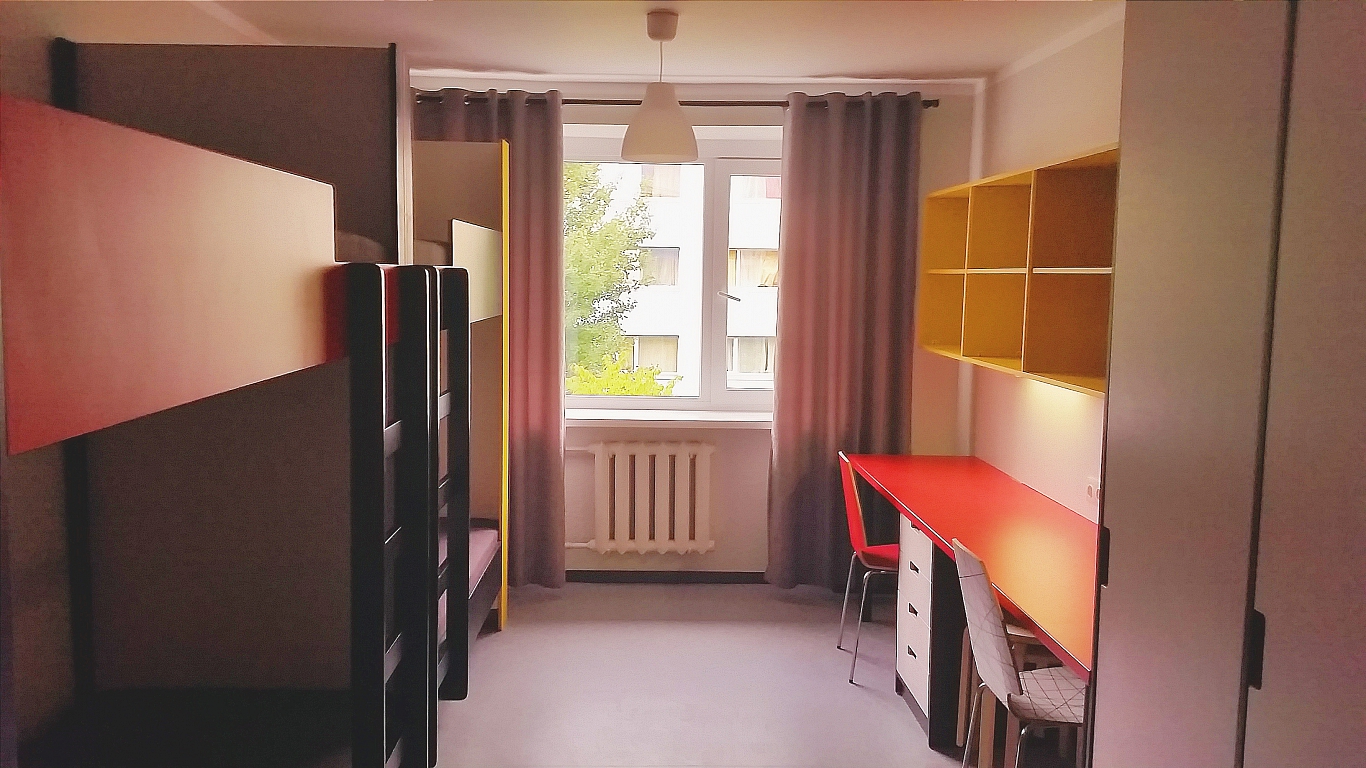As the autumn period starts, inflation has also hit foreign students studying in Latvia. Although price increases have created difficulties and have had to limit their spending, all students addressed by Latvian Radio acknowledged that these are not difficulties that could not be overcome.
Imants Bergs, international cooperation head of Business University Turība, said that student aid requests were encountered during the Covid-19 pandemic, but not at the moment. In addition, the number of foreign students has increased.
"In the autumn semester, the number of foreign students has increased again after Covid-19. In principle, since the semester began in September, inflation was already high, but many countries were facing it, and I think foreign students still see cheaper living opportunities here. I could remember, by analogy, the financial crisis of 2008, 2009, when we also had an increase in the number of exchange students from the West. At that point, the reason was that the cost of living here was cheaper than in western countries," Bergs said.
The 25-year-old Tehan has come from Sri Lanka and is studying business management in the tourism and hospitality sector for the third year. He acknowledged that inflation makes it more difficult now, but with the support of his parents, it is not a problem he could not live with.
“If my parents didn't help me, I'd have no chance of dealing with this whole thing. As inflation started, I lost my job because the coffee shop I was working at was closed, and it is very difficult to find another job at the moment because there are not so many job opportunities for foreign bachelor's students here. However, I don't think living here is very expensive. For example, my dad lives in France, where compared to Latvia is much more expensive, so I'm certainly not in the worst situation,” he said.
Thanks to family support, foreign students from other Latvian high schools are able to live with inflation.
“I think it looks more difficult in general, but I don't suffer from it,” said Gonzalo, 21 years old and studying economics and international business in Spain. He has come to the University of Latvia this year as a student from the Erasmus+ exchange program. He doesn't feel the effects of inflation that much either, but without the support of his parents, he certainly couldn't afford to study here.
“I don't suffer from inflation, because I come from a country where it has reached almost 15%, and I chose Latvia as my destination, also by studying the expected costs. The countries offered under the Erasmus+ program are divided into three levels, with the first being the most expensive countries such as Sweden, Finland, and Norway. However, Latvia was on the third level, which also means that a student from the European Union will receive a smaller scholarship. For six months here, I received about 1,100 euros, some 200 euros a month. With this amount in Latvia, it is not realistic to survive, for example, I pay €400 per month for a student dorm. Consequently, my parents provide for me financially,” Gonzalo said.
Meanwhile, the president of the RSU International Students Association and the medical student Mohamed, who is 25 years old, has been living in Latvia for six years. At the beginning of his studies, he worked in a restaurant, and later the work had to be abandoned because he couldn't combine it with his studies. So now, financially, he is also provided for by his parents.
"It would be better to ask me how my family endured it, because my brother is studying here too. Because of inflation, Dad said at once that he would provide more money, and thanks to the family, we're getting away with it. However, we have also had to give up, for example, entertainment, don't visit restaurants so often, don't order food at home. In fact, we have abandoned luxury, but we are able to meet all the needs," Mohamed said.
He also pointed out that studying abroad is a privilege. So inflation, to any foreign student, isn't as strong as for others.
“The vast majority of RSU's foreign students are provided for by the government, family, or both, and I think somehow they all get through. In Latvia, too, it is not as expensive as it is in other western countries, where we have families and friends who regularly tell us that elsewhere it is really more expensive and difficult. In fairness, it must be understood that RSU students are a little privileged, that they can afford to study here at all, so they will be much less affected by inflation. In general, I think every student has his own way of coping with this,” Mohamed said.





























